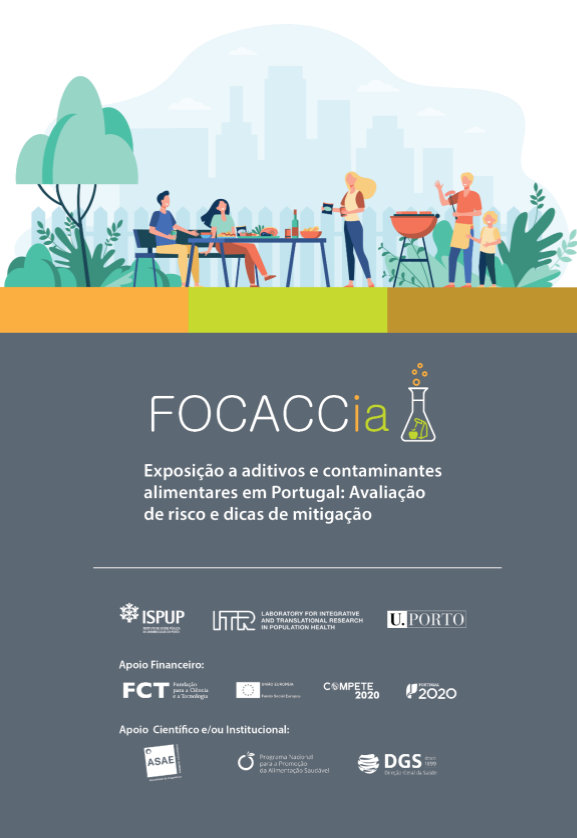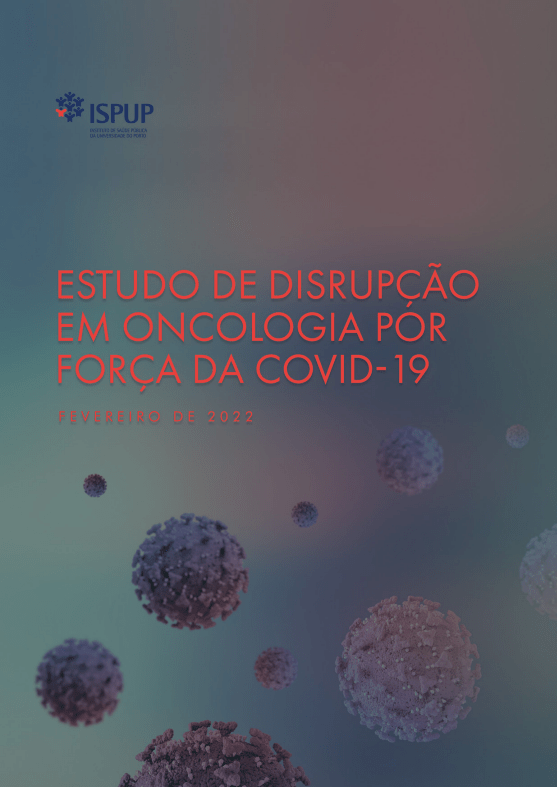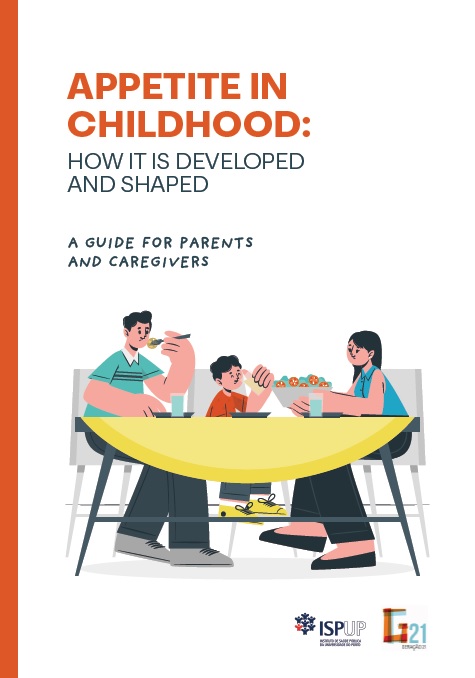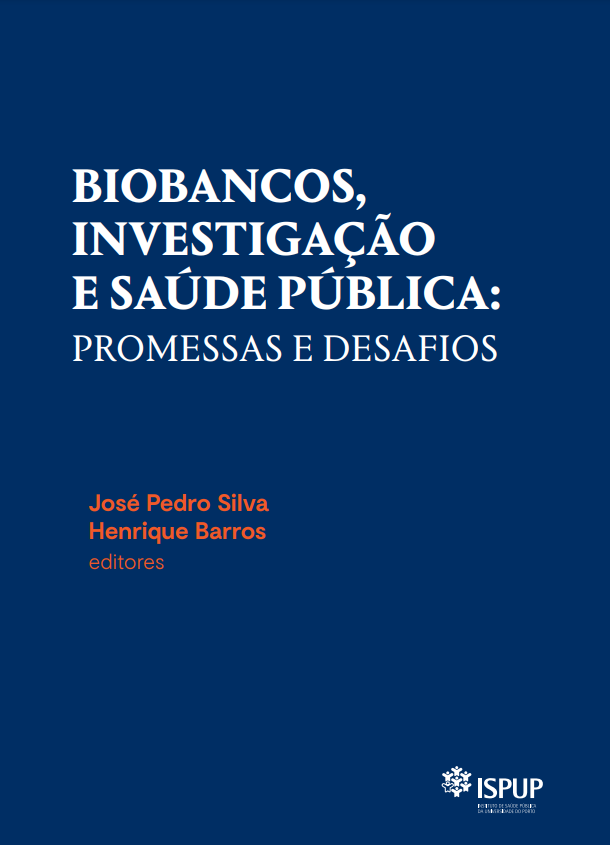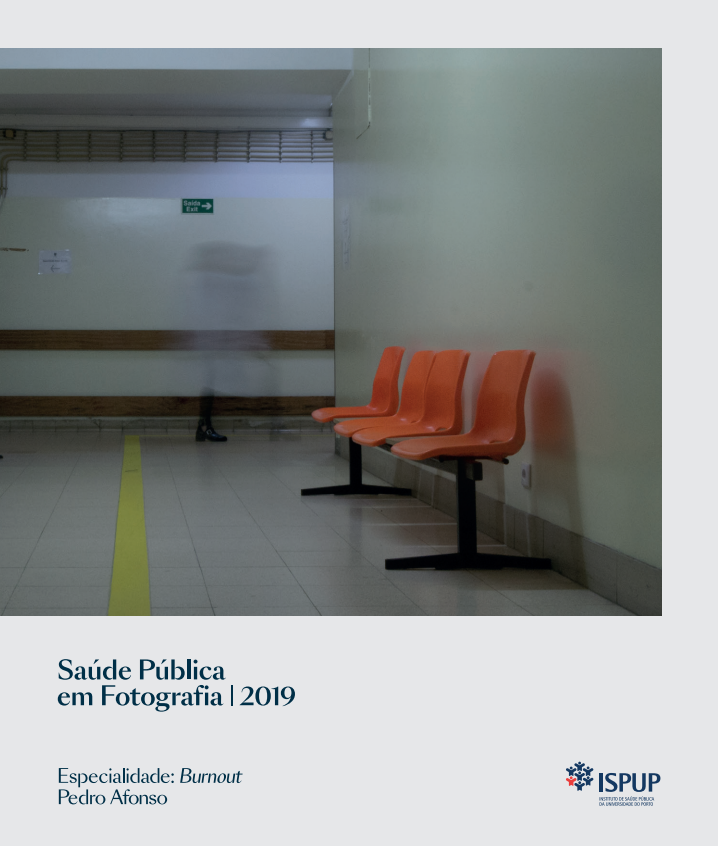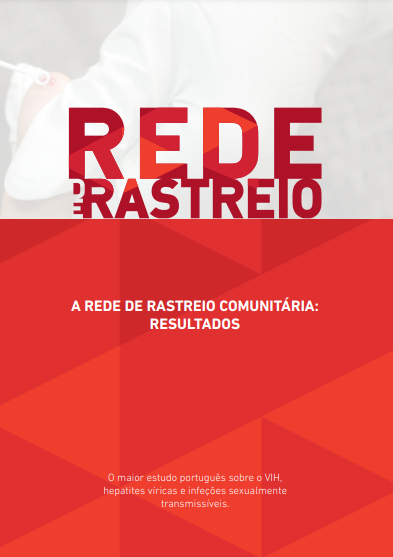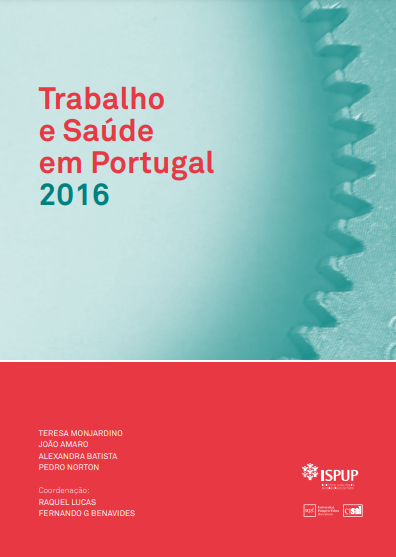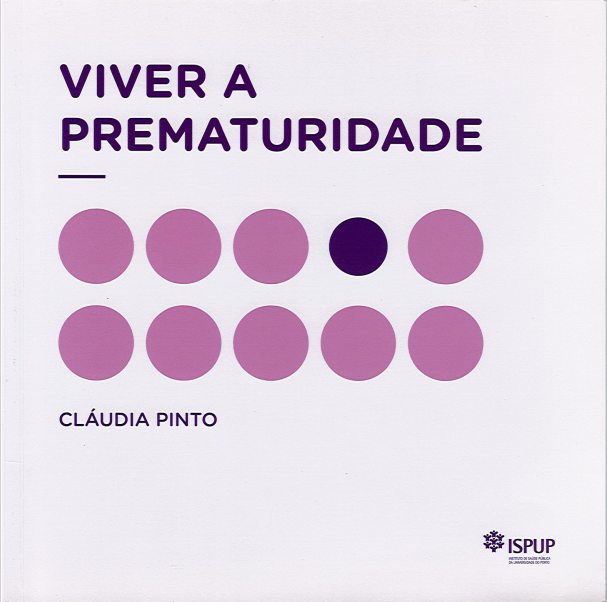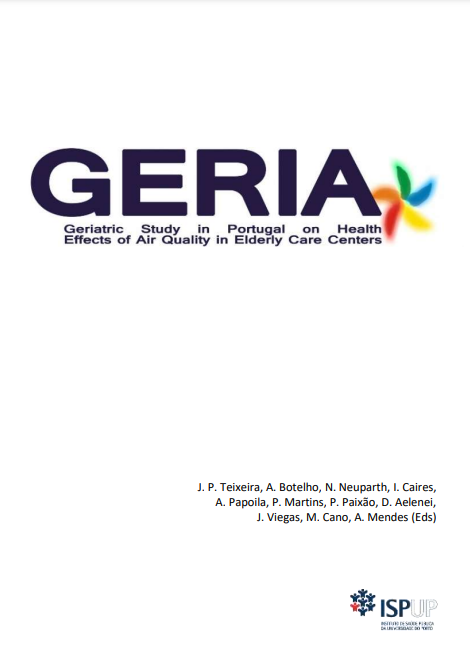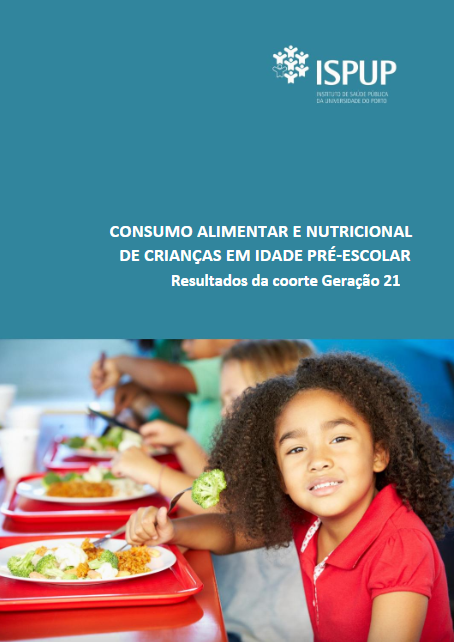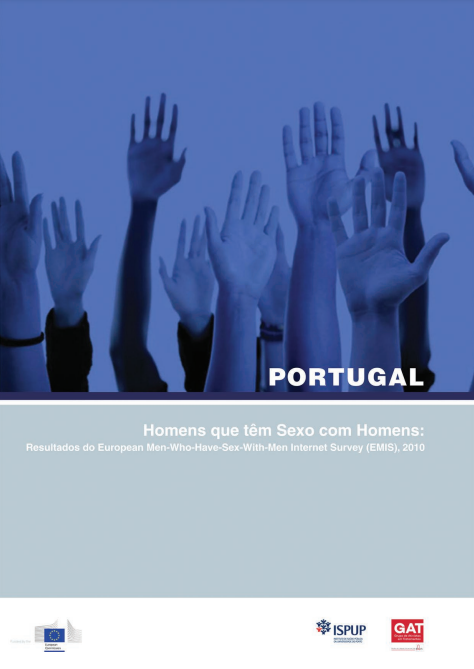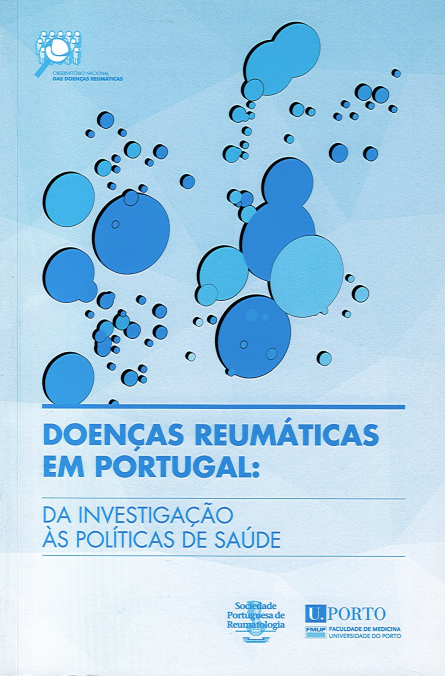This book is the result of a challenge launched by the National Observatory of Rheumatic Diseases (ONDOR) to a group of experts to reflect on the state of the art and provide future perspectives on various topics in rheumatology. The goal was to provide continuous attention to the impact of musculoskeletal diseases in Portugal.
The result is clear to see and brings together the contributions of specialists from different areas such as rheumatology, general and family medicine, public health, health economics, sociology, occupational health, as well as representatives from civil society.
After the publication of The State of Rheumatology in Portugal, a report published in 2010 that consisted of an extensive wide spectrum review of quantitative information on the burden of rheumatic diseases in Portugal, the Observatory decided to move towards a multidimensional framework regarding musculoskeletal pathologies, which resulted in this book.
ONDOR
The National Observatory for Rheumatic Diseases (ONDOR) is a project that results from a partnership between the Portuguese Society of Rheumatology and the Faculdade de Medicina do Porto. Its mission is to provide continuous attention to the problems and challenges of rheumatology in Portugal, namely its insertion in international rheumatology, in order to produce quality information, at different levels of specialisation, aimed at both clinicians and health decision makers, and even the general public.
The set of activities that constitute the role of the Observatory include the collection and processing of routine information using the wide but disorderly spectrum of health, demographic, and social statistics published in Portugal and by international organisations, but also the production of information through the collaboration with healthcare providers.
The book can be mailed or picked up at ISPUP’s Secretary.

